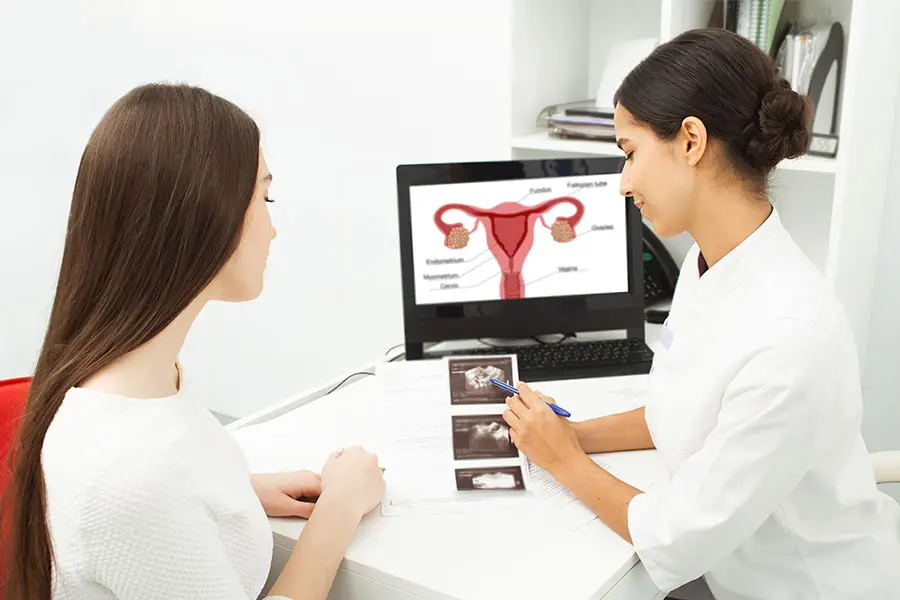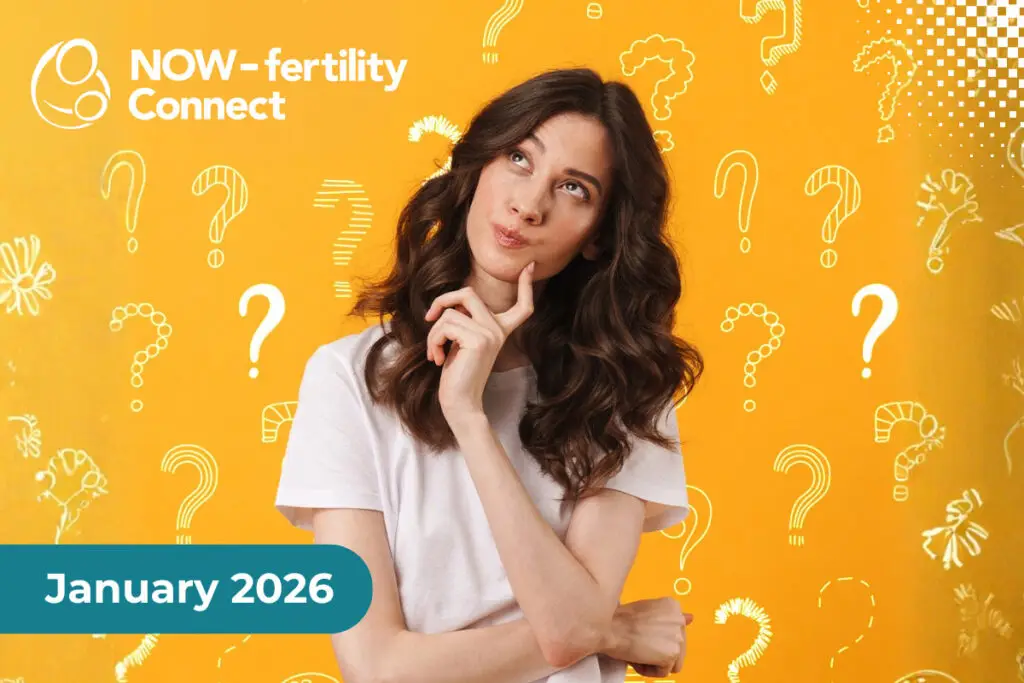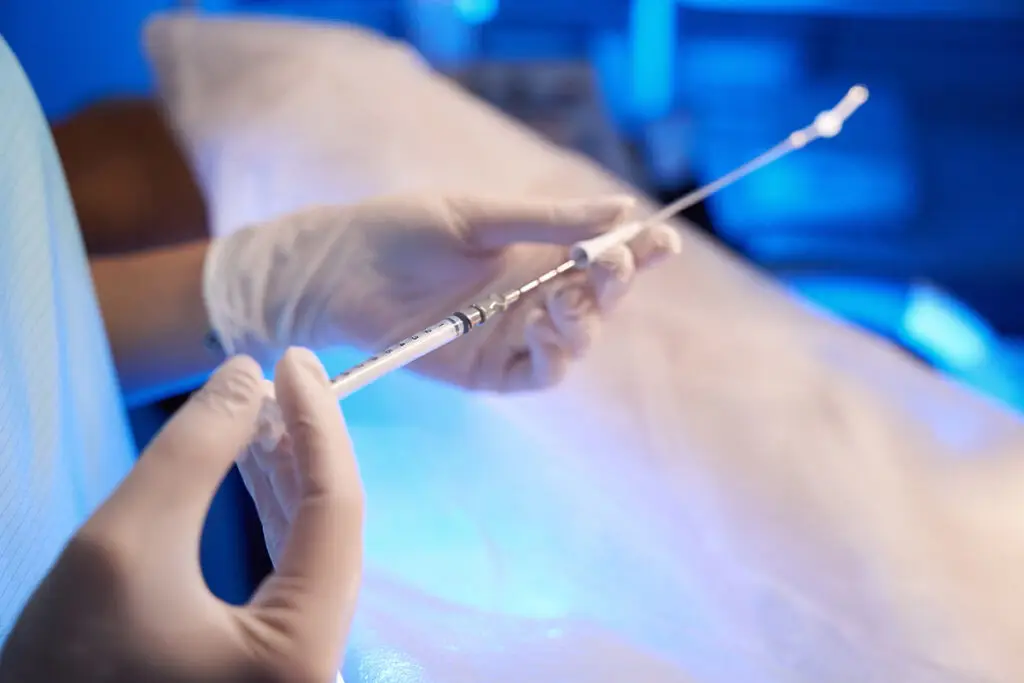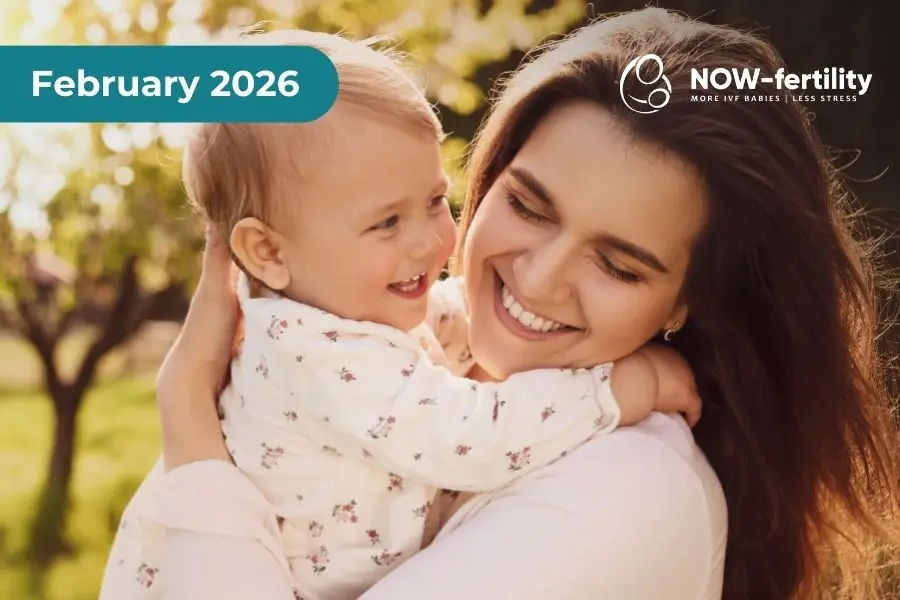NOW-fertility’s Chief Medical Officer Antoine Abu Musa explains how and why your ‘ovarian reserve’ can hinder fertility and what measures can be taken to overcome issues.
A common problem for women and couples struggling to conceive is their ovarian reserve – that is the number and quality of eggs available. This means not only are there fewer eggs capable of being fertilised, but also fewer that once fertilised will go on to develop into a healthy foetus, and ultimately a baby.
A woman’s ovarian reserve begins to decline from the moment she is born, dropping from around two million at birth to around 400,000 at puberty. By the time a woman reaches her late 30s her egg reserve will likely to have dropped to less than 30,000 eggs. From puberty, during each menstrual cycle a single egg – or occyte, develops in a follicle. Once the follicle reaches maturity, it ruptures to release the egg ready for fertilisation (around 14 days from the beginning of the cycle).
Aside from natural aging, there are, of course other factors that can affect the ovarian reserve and quality of eggs. These include genetic abnormalities, aggressive medical treatment – such as chemotherapy, ovarian surgery and cigarette smoking.
There is no ‘cure’ for a low ovarian reserve, but the sooner it is identified, the sooner steps can be taken to maximise the chances of a healthy and successful pregnancy.
Ovarian reserve testing is usually recommended for women over the age of 35 and have struggled to conceive for six months or more, patients with previous history of surgery to the ovary, and patients with endometriosis. The two most commonly used tests to assess your ovarian reserve and are good predictors of your future egg supply are blood test to determine AMH (anti-mullerian hormone) levels, and a transvaginal ultrasound scan to count the number of antral follicles.
For patients who would like to conceive in the future, but know they are about to undergo medical treatments that may impact their ovarian reserve, they should speak to a fertility specialist as soon as possible to discuss the best options for them to preserve their eggs.
For other patients, once the likely quantity and quality of eggs is established, your fertility doctor will be able to advise you on the best course of treatment, whether that is stimulating egg production to harvest and freeze them for your best chance of a successful pregnancy or choosing to use an egg donor.
Of course, adopting a healthy lifestyle – including eating healthily and cutting back on smoking and alcohol, will also help you to maximise your chances of conceiving and a healthy pregnancy, including managing your stress levels as much as possible.
If you’d like to know more about how NOW-fertility could help your conception journey, get in touch for a consultation with one of our experts.




